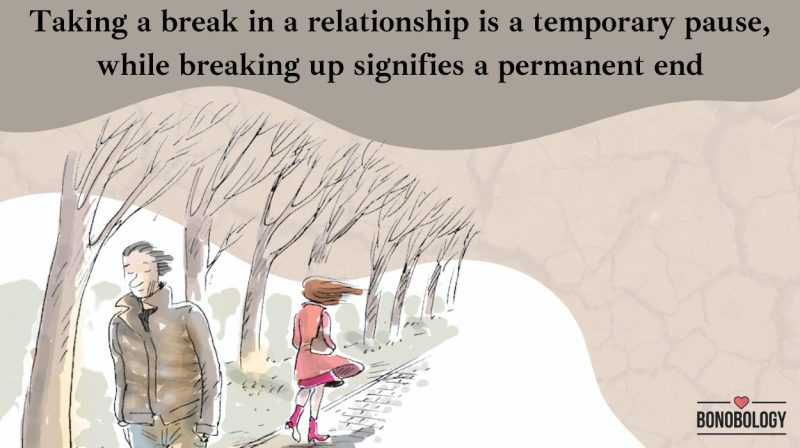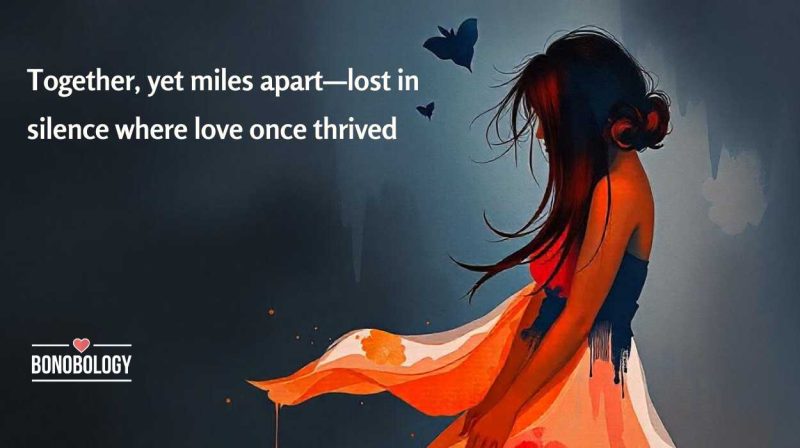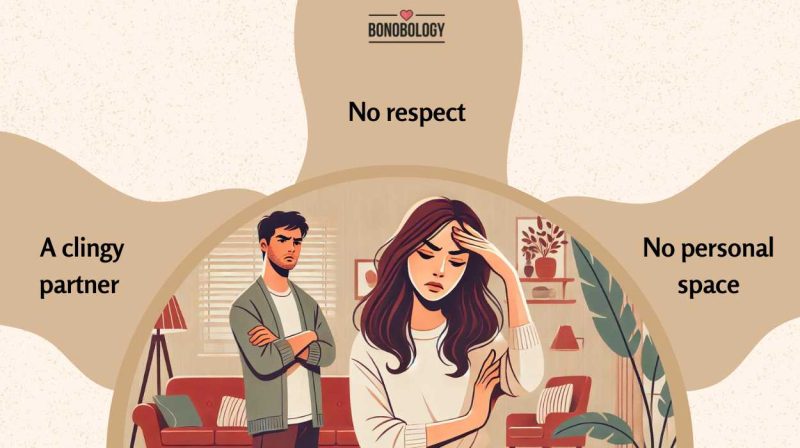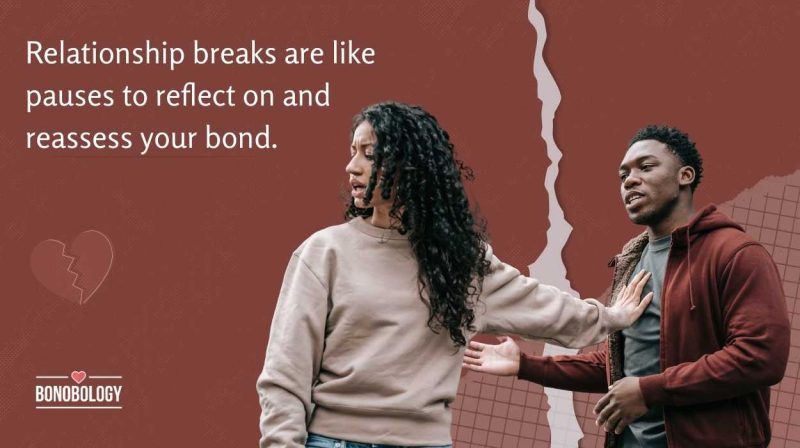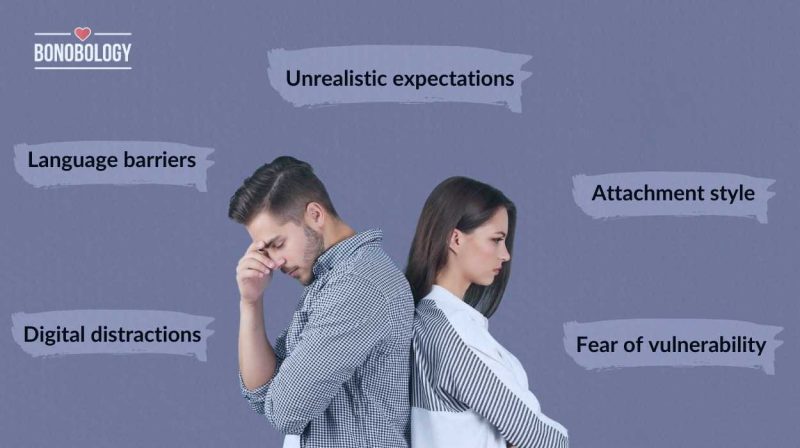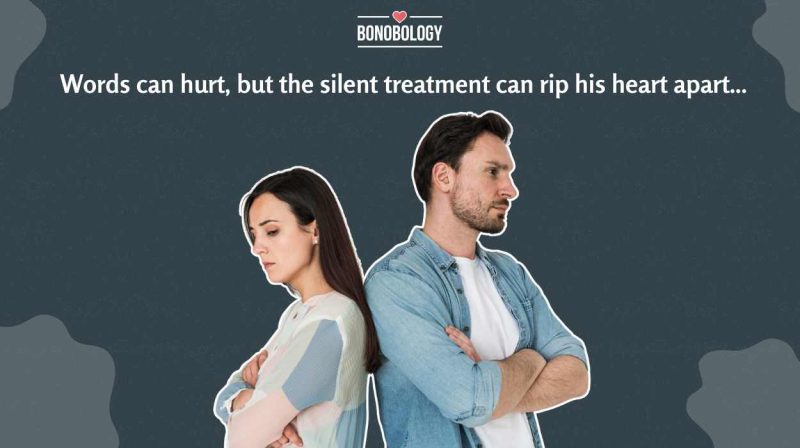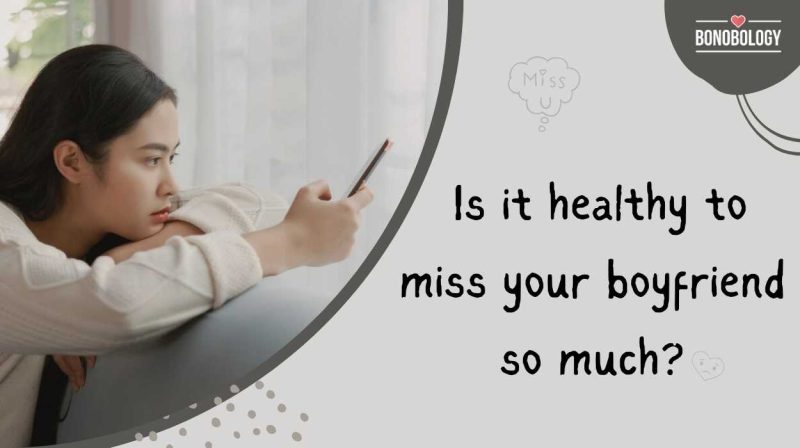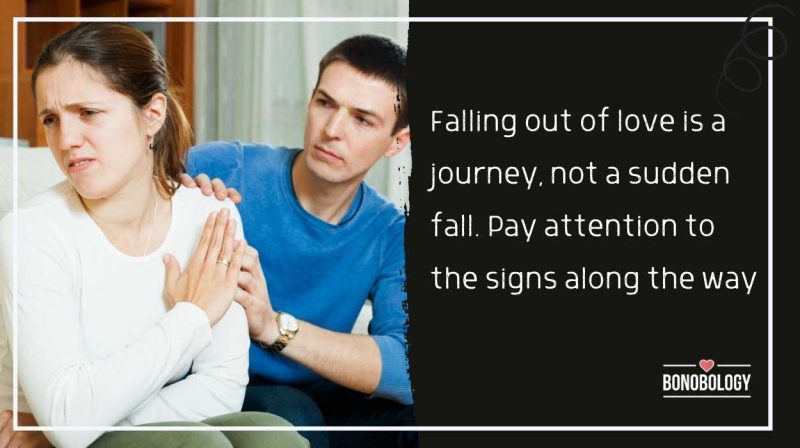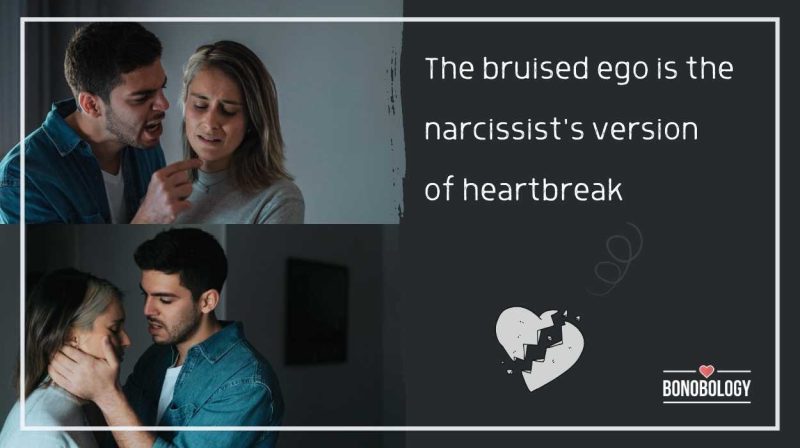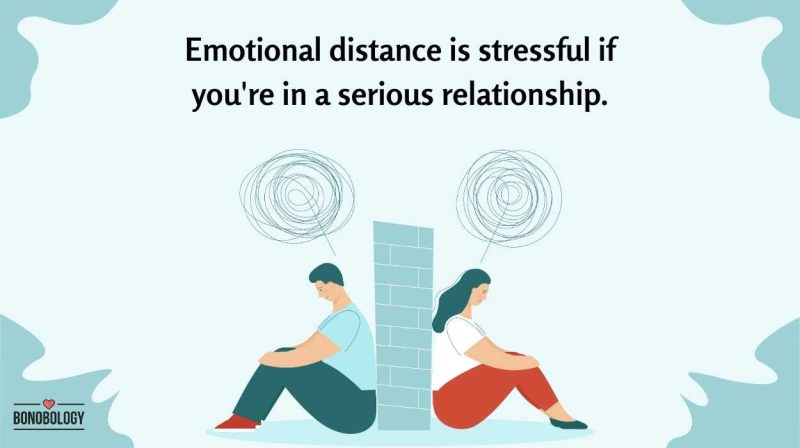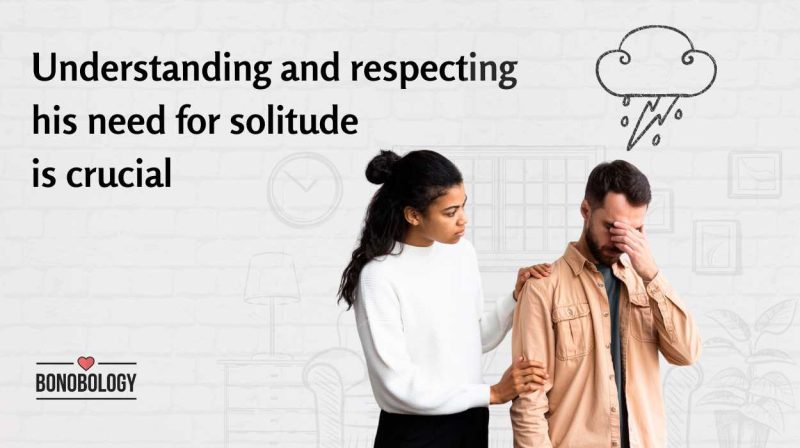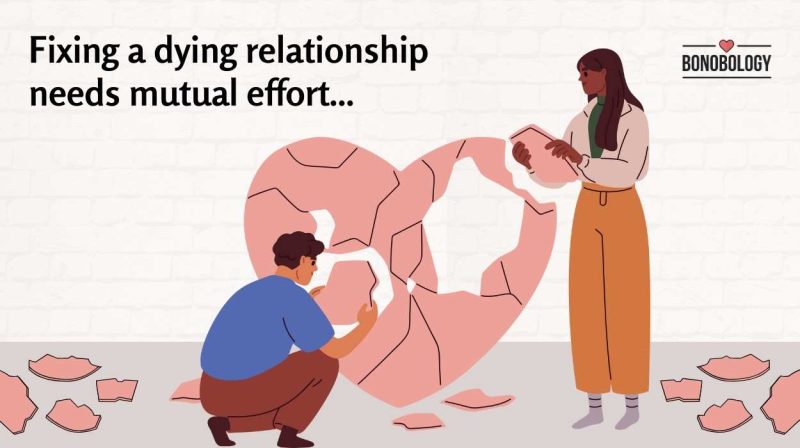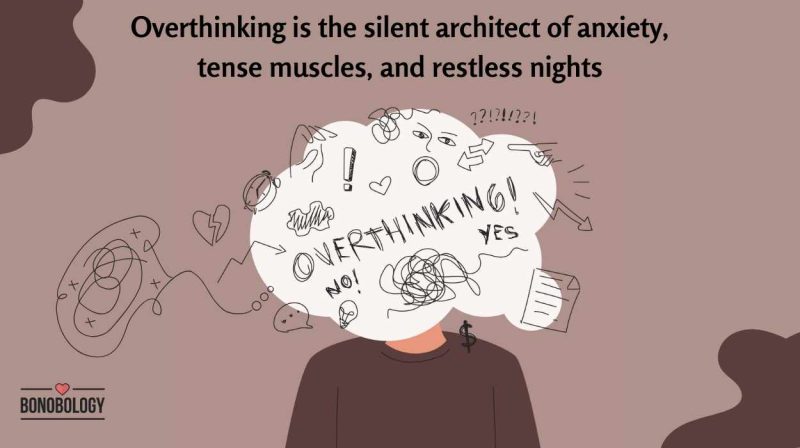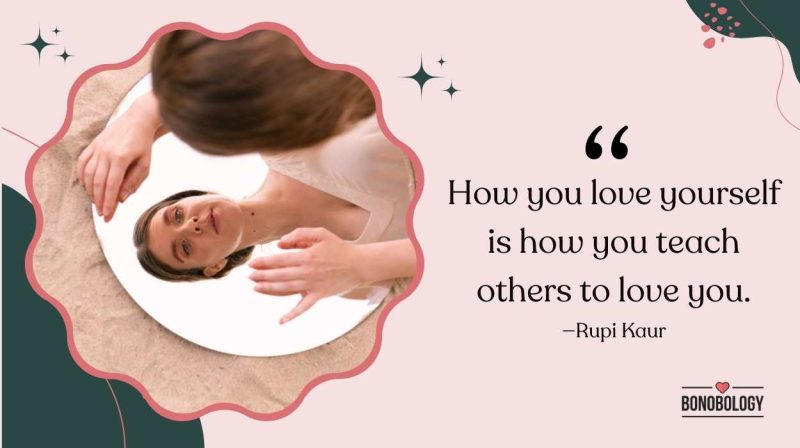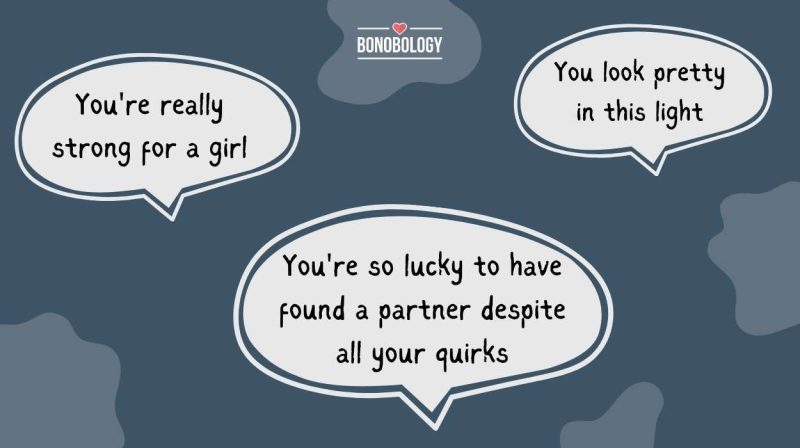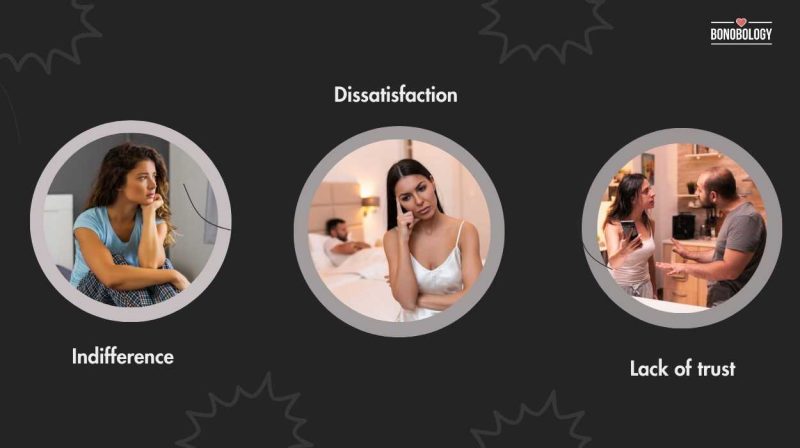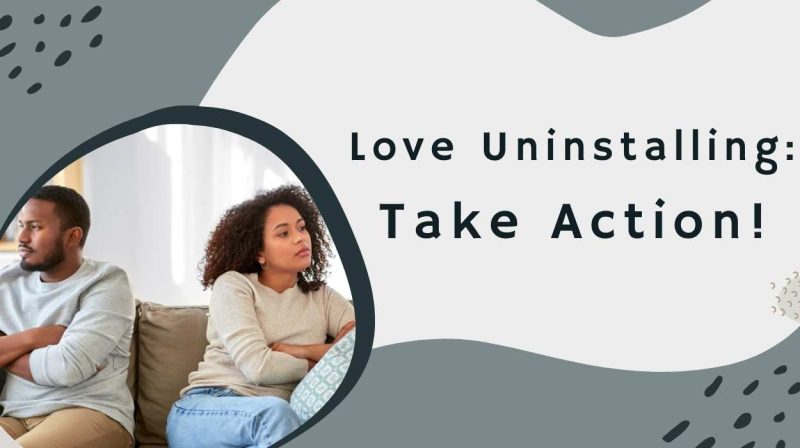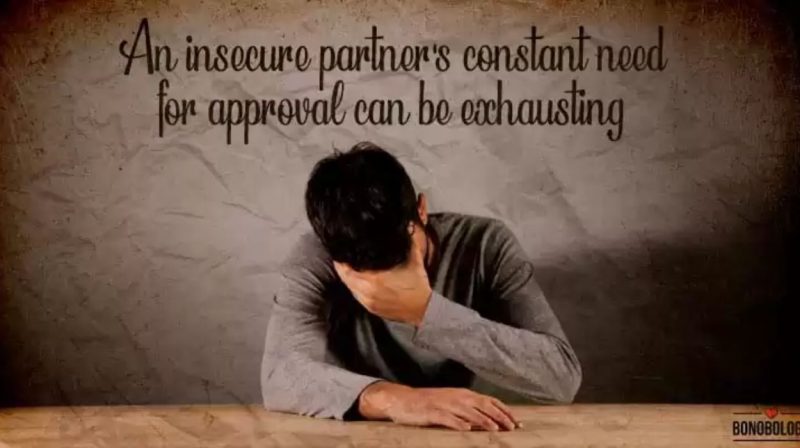Yet another long argument has taken place between you and your partner over something you two probably won’t even remember next week. Hurtful things have been said, tears have been shed, it’s awkward to now head to the dinner reservation that you had made and, perhaps you’re questioning, “Am I the problem in my relationship?”
It’s normally after the tough tide has passed that one realizes that one could be in the wrong. Usually, when your feelings overcome you that much, it’s hard to gain perspective and agency over your own emotions when all you want to do is feel seen and heard by your partner. But then slowly it hits you that they could have been right, and perhaps, it’s you that needs to make some changes. That’s when questions like “how do I know if I am the problem in my marriage” or “what am I doing wrong in my relationships” begin to haunt you.
So before it’s too late, it’s important to figure out how to tell if you are the problem in a relationship. Counseling psychologist Kavita Panyam (Masters in Psychology and international affiliate with the American Psychological Association), who has been helping couples work through their relationship issues for over two decades, offers insights into the signs to look out for.
How Do I Know If I’m The Problem In My Relationship? 9 Signs
Table of Contents
Being excessively needy, blame-shifting at the drop of a hat or even something as simple as ignoring all your household chores in a live-in relationship could be one of the reasons your answer to “Am I the problem in my relationship?” is a yes. Kavita tells us, “Being possessive, clingy, jealous or excessively argumentative are obviously some of the signs. But even being codependent and trying to be their whole and sole person can make things go awry in your relationship.”
Reading this and thinking to yourself, “What if I am the problem in my relationship?” Well, in all honesty, you could be. But that’s what we are here for. Not to ridicule you or point any fingers. But to help you recognize some troublesome behaviors that you may not have realized but could be destroying your relationship.
1. It’s my way or the highway
In every relationship – there is usually one person who calls most of the shots for the sake of convenience and harmony. It is often the man, but in a female-led relationship, the roles are reversed. Whoever it may be, they do it so that both can be in check but also happy. However, if you start abusing that right, you could be a big problem in your relationship.
Tiffany Boone, a lawyer, had this problem with her boyfriend, Jeremy. Having him being the steering wheel of this relationship, Tiffany used to trust Jeremy with everything. But eventually, things started becoming toxic as Jeremy began to walk all over what Tiffany wanted. Even commitments like meeting Tiffany’s mother for dinner were unfulfilled just because Jeremy chose not to. From choosing their apartment’s wallpaper to how many kids they were planning to have, Tiffany felt like she never had a say anymore.
If you are reading this and feel like a Jeremy in your own relationship, you might be right about your “Am I the problem in my relationship?” hunch. Take it from Tiffany, this can be a distressing experience for your partner. This is your sign that it’s time to let go of the reins a little bit.
2. Failure to hold yourself accountable
“Why am I always the problem in my relationship?” Asking this question itself could be the start of your problems. Clearly, you’re being evasive and not willing to be accountable for what you might be doing wrong. This very thought process can drive a relationship downhill.
Your partner needs to know that you value your connection much more than just always wanting to be right. However, when you’re the problem in the relationship, your partner can often feel invalidated, unseen and unheard. It could be because you have a hard time admitting you’re wrong. If that’s the case, Kavita suggests, “There are many ways to resolve a problem without saying sorry. There are other suitable ways to apologize and reassure your partner that you will not repeat your mistakes.
“But know that it is necessary to arrive at a solution without mudslinging or backbiting, which can only happen when you hold yourself accountable for your mistakes and eventually arrive at forgiveness in a relationship. It is also what makes your partner feel safe in the relationship.”

3. Am I the problem in my relationship? Yes, if you have temper issues
How do I know if I am the problem in my marriage/relationship? If that question has been weighing on your mind, it may be a good idea to pay closer attention to how you react when things don’t go as per your wishes. Feeling strongly about being ill-treated is one thing. But using that as an excuse to throw a tantrum or even a vase for that matter points to something more serious.
If you feel like you unduly ill-treat your partner by yelling at them too much, cursing them, or resorting violence or name-calling in the relationship, then therein lies the answer to how to tell if you are a problem in your relationship. It is a clear and strong indicator that you have a problem reining in your emotional responses and that reflects in your mistreatment of your partner.
Kavita says, “A little anger in relationships is healthy for it helps you understand what is truly going wrong. But when anger is backed by aggression in terms of verbal assault or physically throwing things at somebody, that is a problem. There may be an internal rage in you owing to your childhood and coming from a dysfunctional family. This can lead to trust issues and intimacy issues and lower your self-esteem and even fear in those around you.”
4. You keep a score-card of mistakes in the relationship
Dylan Kwapil, a software engineer, has been married to Grace for about four years now. While trying to get to the bottom of the general unrest they are feeling in their relationship nowadays, Dylan realized something: they start blaming each other for past mistakes in every argument.
“I just don’t understand why am I always the problem in my relationship? Am I doing something wrong in my relationship? Every time I bring up something that Grace does wrong, she turns the tables on me and will narrate the laundry list of my mistakes throughout our relationship. I can’t take this constant blaming anymore, it is harrowing. I’m tired of apologizing, I wish she would see her own mistakes too.”
While fighting over a problem, one might quickly deflect from the issue at hand and instead bring up all the other times when they felt hurt. As important as it is for you to express your feelings to your partner, do not make a list of their shortcomings and throw it at them every time they accuse you of doing something wrong.
Related Reading: 6 Harmless Mistakes In A Relationship That Are Actually Harmful
5. Not having any boundaries or having walls that are too high
“Am I the issue in my relationship?” The answer to this question can be found in the kind of boundaries you have established in your relationship or a lack thereof. If you let your partner walk all over you or stifle them by denying them any ounce of personal space, it won’t be a misstatement to say that your relationship issues are stemming from your underlying emotional issues.
Kavita says, “Lack of emotional boundaries or very high barricades can be a major problem in any relationship. Perhaps you spill everything too much or others have a hard time reaching out to you. Either of these situations can drastically affect your personal life. This can even lead one to develop an avoidant personality or avoidant attachment.”
A relationship thrives on a healthy flow of communication, emotions, and affection. If you have a hard time managing those, it’s a good enough reason for you to have those “I think I am the problem in my relationship” pangs. It’s time to work things out and swing into a happy medium that allows you to express yourself correctly.
6. Your mental health is making you ask, “Am I the problem in my relationship?”
What if I am the problem in my relationship? You could be if you think you need some help. When your own mental health is hanging by a loose thread, it is hard to live up to someone else’s expectations and be a good partner to them. To be in the headspace for a relationship takes more than just butterflies in your stomach.
When you’re depressed, you feel inactive and that can lead to you being a less involved partner. Likewise, when you have anxiety, your overthinking and dating anxiety struggles can consume you to the point where you are unable to cope. It’s not always major or diagnosable mental health issues that get in the way of your ability to form healthy, wholesome bonds.
If you’re someone with an insecure attachment style, that too will affect the quality of your intimate connections. If such is the case, don’t force yourself into a ‘right person wrong time’ situation. Put yourself first and allow yourself to heal before you get too involved with anybody else.
7. You’ve stopped making any real efforts
Relationships are a lot of work. Not every day is a romantic hot air balloon ride but most days should feel just as good as one. Over time, it is possible for a little boredom to creep into your relationship and for things to seem mundane. However, the relationship is only disrupted when you stop working on it. So if you’re wondering, “What if I am the problem in my relationship?”, then think about how much effort you put into your relationship each day.
Are you involved in your partner’s life? Are you making plans with them? Do you talk to them often? And is the sex still good? A few bumps along the road are just fine. But if you see this relationship slipping out of your hands and you’ve grown indifferent to the same, then the problem might be with you not trying hard enough to make things work. Keeping a relationship afloat requires persistence every day and complacency in a relationship can be a scary thing.
8. Constantly comparing your relationships with others
“But Ricardo took Gwen to Miami last week! Why can’t we ever have any fun like that?” “Wanda and Oleg make adorable Instagram reels together. You never even take cute pictures with me. ” Or the most dreaded, “Olivia’s engagement ring is way bigger than mine. You never go all out for me.”
If you often sound close to any of these examples, well then, you are right to ask the “am I the problem in my relationship” question. Love is about celebrating each other and understanding different sides of each other’s personalities every step of the way. Yes, Instagram aesthetics, social media and what you tell the world about yourselves do matter but not enough to make the other person feel inadequate.
We bet that your priorities in this relationship are a little off. If you’ve also been wondering, “What am I doing wrong in my relationships?”, the answer is that you’re too reliant on an external locus of validation and that’s impacting the health of your relationship. You don’t know half of Olivia’s love life, so there’s no point bringing her up and messing up your own. Talk to your partner if you feel invalidated but don’t do it because your rock isn’t as shiny.
Related Reading: Stop Comparing Yourself With Your Partner For A Healthy Relationship
9. Insecurities lead to an “I think I am the problem in my relationship” mindset
Kavita says, “Insecurity is the biggest reason for things not going well in your paradise. If your own self-esteem is low, you will never be able to do enough to sustain a connection. Even though a connection may be old, equations keep changing and are created by both people. Feeling insecure can hamper that and destroy your sense of belongingness to another person. There is a good chance this problem is rooted in your childhood and your attachment style and response patterns.”
Not only does this exacerbate your own downward spiral and questions of ‘am I the problem in my relationship?’ but also leads to intimacy issues with your partner. You often feel suspicious of your partner, find silly reasons to doubt them and are always on the edge of your seat in this relationship. Being a recipe for a failed romance, it’s time to think about how often you display these insecure behaviors.
What To Do If You Are The Problem In Your Relationship?
Wrestling with the question, “Am I the issue in my relationship?”, isn’t easy. Identifying the signs that suggest that your instinct was right all along can be even more crushing. However, just because you’ve discovered that a host of relationship problems that you and your partner have been struggling with stem from you, it does not mean that all hope is lost or you’re a bad partner who is not worthy of love.
When you’re the problem in the relationship, you must explore ways to identify and work upon the aspects of your personality that may be causing trouble in your romantic paradise rather than succumb to a feeling of resignation over this reality. We’re here to help you embark on this journey of self-awareness and betterment with these tips on what to do if you are the problem in your relationship:
Related Reading: 21 Ways To Fix A Relationship YOU Ruined
1. Work on cultivating better self-awareness
You started with a hunch “I feel like I’m the problem in my relationship” that led you to look for answers, and perhaps now you realize that your intuition was right all along and you’re the root cause of your relationship issues. Now is the time to delve deeper and cultivate better self-awareness about your emotions and how they make you respond to different situations in your relationship.
For instance, if you’re feeling irritable, try to be more mindful of how you’re feeling and where this feeling of irritability is coming from. Ask yourself: What is this emotion? How is it making me feel? Why am I feeling it? How does it make me want to react? Sit with the thoughts that come up in your mind in response to these questions.
At the same time, make an effort to rein in whatever reaction a particular emotion is prompting you to give. Once you make a habit of this practice, you will be more in tune with your emotional responses and better equipped to stop yourself from projecting your inner strife onto your partner.
2. Know that it doesn’t make you unlovable
When you’re the problem in the relationship and you know it, it can deal a severe blow to your self-esteem and sense of self-worth. For instance, if you recognize that your relationship problems largely boil down to the fact you’re easily angered and tend to lash out at your partner, it may leave you wondering why the other person is even putting up with you.
“I’m clearly doing something wrong in my relationship. It’s only a matter of time before my significant other gets tired of me and walks out.” Thoughts like these are a natural response when you realize that you’re the problem in your relationship. However, letting such thoughts fester can trigger relationship insecurity, and make a bad situation worse.
When self-loathing and shame over the way you’re conducting yourself in your relationship set in, make a conscious effort to remind yourself that a few personality traits neither define who you are nor your self-worth. Everyone is flawed in their own way; and despite yours, you may have a lot to offer to your relationship because of which your partner has chosen to stick with you.

3. Practice honest and clear communication in your relationship
Now that you know the answer to “how do I know if I am the problem in my marriage/relationship”, it’s time to redirect your focus to another vital question: “What to do when I’m the problem in my relationship?” As with most other issues, this too can be dealt with by learning how to communicate better with your partner.
First and foremost, give them a chance to express how certain aspects of your personality or your emotional responses to certain situations may have affected them. When they speak, listen with an open mind and see what changes you can make to undo the damage.
For instance, if trust issues have been a major bone of contention in your relationship and your partner tells you that they feel humiliated and disrespected every time you go behind their back to cross-check what they’ve told you, make an effort to rein in that instinct. When you feel the urge to check on your partner, go back to the step of checking in with yourself instead. Feel the full extent of emotions that are fueling this lack of trust in your relationship without necessarily acting on them.
Related Reading: This Is What Happens When There Is A Lack Of Communication In A Relationship
4. Redefine your relationship boundaries
“What am I doing wrong in my relationships?” This exploration is likely to lead you to the issue of poorly defined or non-existent boundaries in your relationship. There is a good chance that you may inadvertently be violating your partner’s boundaries or may have failed to uphold your own. This may, in turn, have led to a codependent relationship.
Now that you’re making an effort to fix the issues in your relationships, it’s advisable to reexamine your relationship boundaries and redefine them if need be. For instance, if you’re someone with an ambivalent anxious attachment style, there is a strong possibility that you not only allow your partner to walk all over you but also deny them their space in the relationship out of the fear that they may leave you.
It is, therefore, paramount that you discuss relationship boundaries with your partner and make a sincere effort to enforce your own and uphold theirs. Respect for personal boundaries can elevate the quality of a relationship to a large extent – that may just be what you need when trying to undo the damage you’ve caused to your relationship.
5. Seek professional help to weed out underlying issues
It’s one thing to come to terms with the “I feel like I’m the problem in my relationship” realization, and quite another to figure out why that is. Even if you can identify the signs that indicate that you’re doing something wrong in your relationship and emotions that trigger problematic behavior patterns, uncovering the underlying cause behind your own triggers can be challenging.
That’s where a skilled therapist can help you. They can prove to be your biggest ally and guide in your inward journey to unearth latent emotional issues that govern how you behave in your adult relationships. When you’re the problem in the relationship, the process of fixing it also begins with you. If you’re seeking professional help to work through your issues, skilled and experienced counselors on Bonobology’s panel are here for you.
The journey from “what am I doing wrong in my relationships” to “how do I stop being a problem in my relationships” is often long-winding and can be emotionally draining. However, with mindful effort, consistency, and greater self-awareness, you can inch closer to becoming the best version of yourself, thus eliminating any relationship issues stemming from you. It won’t be easy but if you love your partner and value your relationship, it will certainly be worth your while.
8 Surprising Mistakes You’re Making That Make Your Partner Feel Less Passionate
Your contribution does not constitute a charitable donation. It will allow Bonobology to continue bringing you new and up-to-date information in our pursuit of helping anyone in the world to learn how to do anything.



